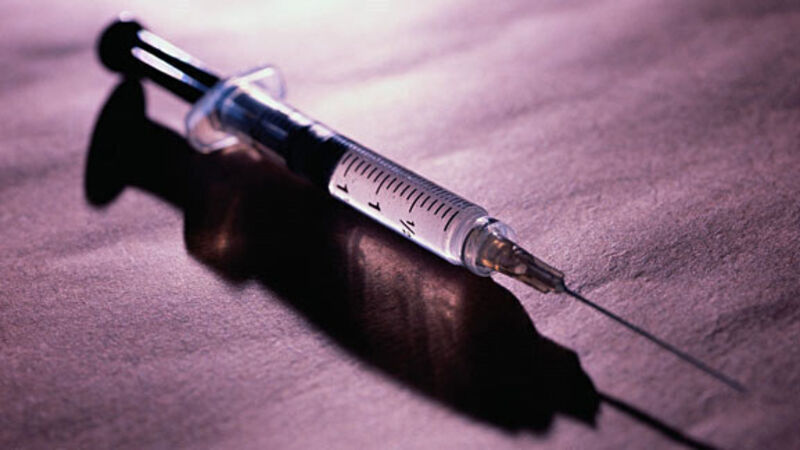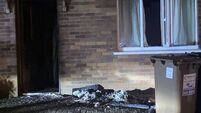Warning over media coverage of cervical cancer vaccine

Addressing the Irish Medical Organisation’s agm in Sligo, community health doctor Ann Hogan who is based in the Mid-West, said they had received “a fair few phoneccalls” from parents who requested that their daughters not be given the second dose of the human papilloma virus (HPV) vaccine.
“These are girls who received the first dose last September and who are now due the second dose. There has been about a 10% drop off at two large schools in the Mid-West,” Dr Hogan said.
She said the issue of parents withdrawing consent had arisen largely in the aftermath of a TV programme and a radio broadcast looking at the side effects of the vaccine.
Dr Illona Duffy, a GP in Monaghan, said the dangers of scaremongering in relation to vaccines had already been proven in the wake of media reports a number of years ago of an alleged link between autism and the Measles, Mumps and Rubella (MMR) vaccine, which had been disproven.
“We know this vaccine (HPV) works, the international evidence is there.
“We need a strong, loud, message to tell people this is a safe vaccine,” she said.
A motion calling on the health minister and the HSE to communicate effectively with parents and adolescents the critical importance of the vaccine in preventing cervical cancers was carried at the conference.
The vaccine has been part of the schools’ vaccination programme since May 2010 and is recommended by the World Health Organisation.
To date, the take-up rate has been above 80%.
The agm also heard calls for the extension of the HPV vaccination programme to adolescent males. Retired consultant dermatologist Dr David O’Gorman, from Galway, said there was no point in giving it to females only if the aim was to achieve herd immunity.
A separate motion calling for the HSE and the government to stop subjecting children to “outdated surgical procedures” when minimally invasive alternatives exist heard that some children are undergoing general rather than local anaesthetic when having cancer biopsies because of a shortage of specialists.
Dr John Donnellan, a paediatric radiologist at Temple St, said a failure to hire doctors with the necessary expertise meant children in need of biopsies or who needed tubes inserted to help them breathe are being put at unnecessary risk.
He said children subjected to recurrent general anaesthetics are at risk of developmental disorders.
“If you are an adult in Ireland and you need a biopsy or central line placed, it is a 20-minute procedure. It has a very low complication rate.
“If you are a child and you need the same procedure, you need a general anaesthetic with all the complications that arise,” Dr Donnellan said.
Developmental delay has been linked with multiple general anaesthetics in children, he said.












